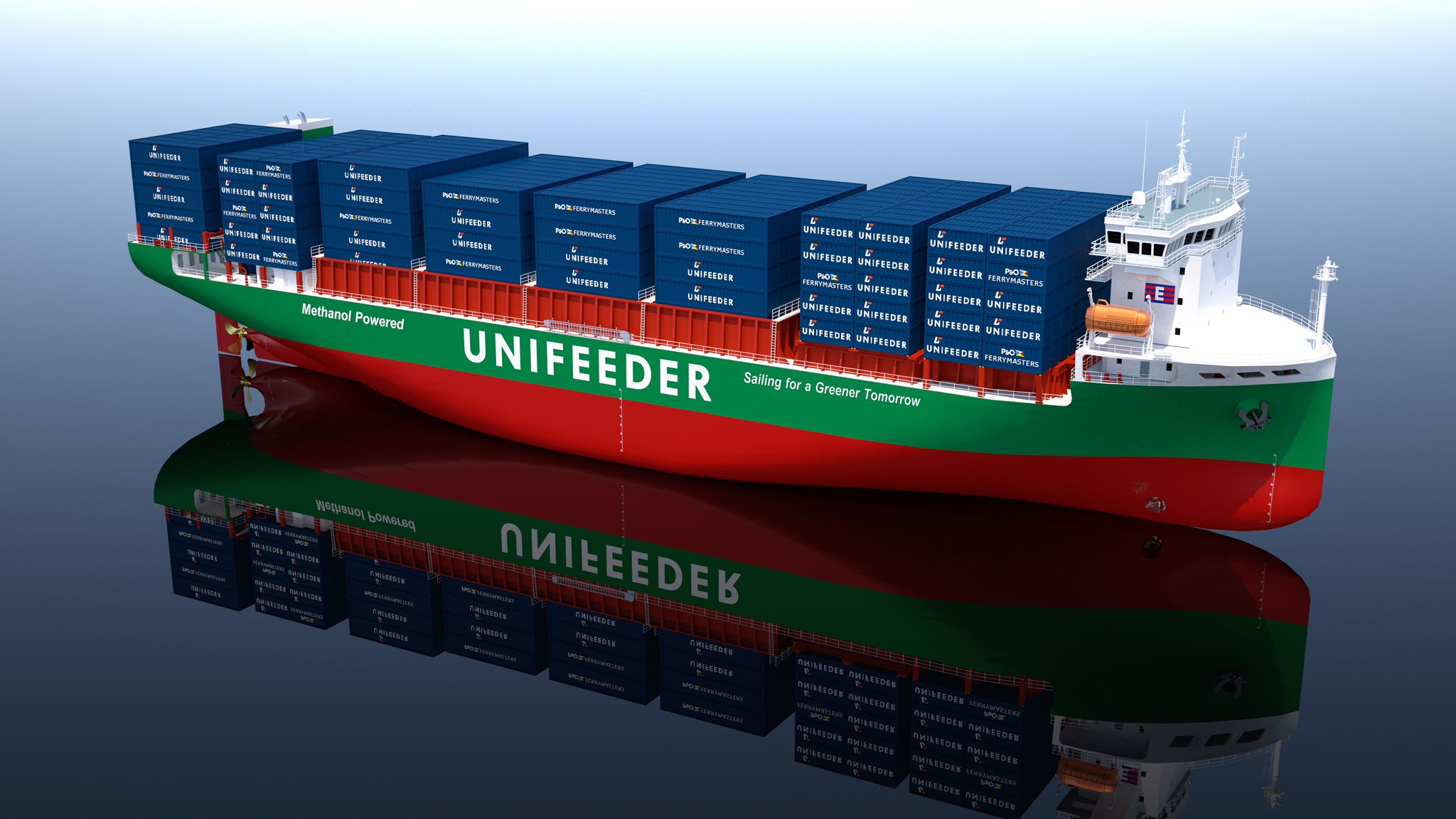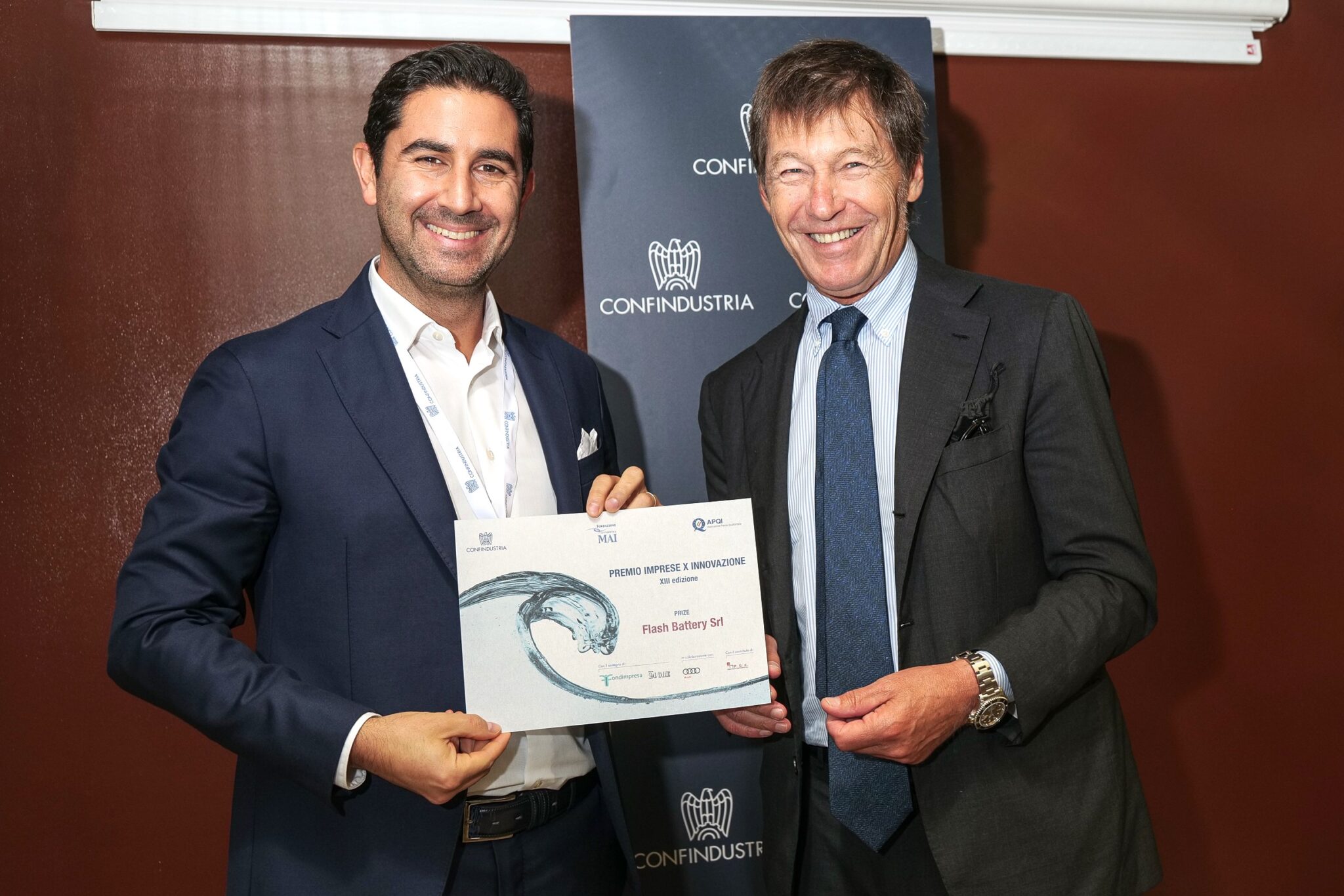Thousands of cars are now entering Türkiye after DP World Yarımca introduced an innovative ‘cars in containers’ shipping solution that has helped solve an automotive supply chain crisis in the region.
Congestion at Turkish ports has resulted in significant delays in delivering new vehicles against a backdrop of skyrocketing demand in the burgeoning automotive market. Türkiye recently experienced an auto sales boom with a record 110,000 vehicles sold in June which is a 37.5% year-on-year increase, according to data from Automotive Distributors and Mobility Association (ODMD).
With traditional importation and shipping solutions via ‘roll-on roll-off’ (RoRo) ships facing significant delays due to congestion at RoRo ports, car manufacturers were unable to make timely delivery on purchases. This left customers waiting significantly longer for their new cars and caused prices to inflate across both the new and used vehicle markets.
Using an alternative solution to help make more cars flow into the country more quickly, DP World began importing 10,000 vehicles by putting new SUVs from Chinese automaker Chery Automotive into containers. This meant the vehicle could be offloaded using traditional cranes at lift on lift off (LoLo) ports and did not require a specialised RoRo port or berth, resulting in a significantly more efficient and resilient route to market.
The solution became more feasible when DP World and Chery implemented a specially designed racking arrangement to increase capacity by loading three SUVs into each container instead of two, which helped to improve the cost efficiency of transporting vehicles from China to Türkiye and reduce the cost passed on to consumers. The feasibility of the solution also made Yarımca an important steppingstone for the shipment of Chery Automotive vehicles into the booming Turkish auto market.
With Chery keen to expand its presence in Europe, the cars in container solution is set to be a key part of how it will deliver vehicles to market.
Rashid Abdulla, CEO & Managing Director, DP World Europe said: “When we describe DP World to the outside world we often say we are a global smart trade enabler – this solution is an innovative example of what we mean by that. The automotive industry has experienced significant changes and supply chain challenges in the last few years globally, and in Türkiye that ranged from microchip to RoRo capacity shortages. I’m proud that our team could implement an alternative solution that helped to ease these challenges – and that we played a key role in the expansion of Chery Automotive into the Turkish market.”
Kris Adams, CEO of DP World Yarımca: “Our terminal at Yarimca, which has not traditionally moved vehicles, is now becoming a key hub for new vehicles entering the market. The new innovative solutions we have introduced will help Chery Automotive to establish itself as a significant supplier in this market and in neighbouring countries, offering economic benefits to Türkiye while also helping consumers get their new cars more quickly.”
DP World Yarımca provides seamless connectivity to its customers and partners with an annual handling capacity of 1.15 million TEUs.










